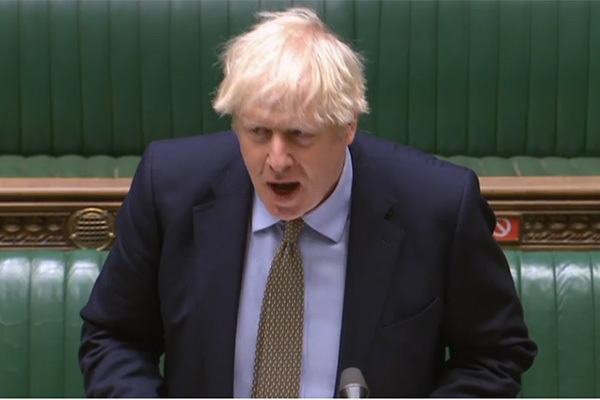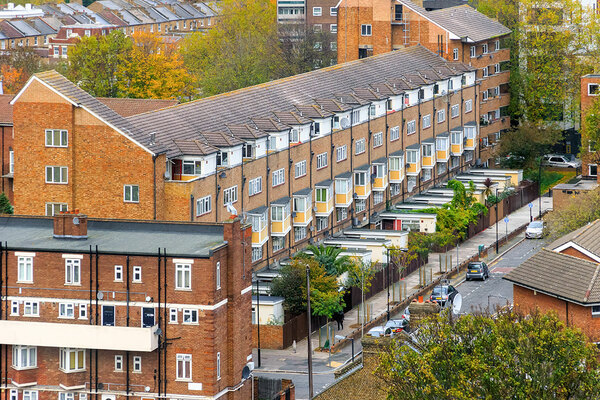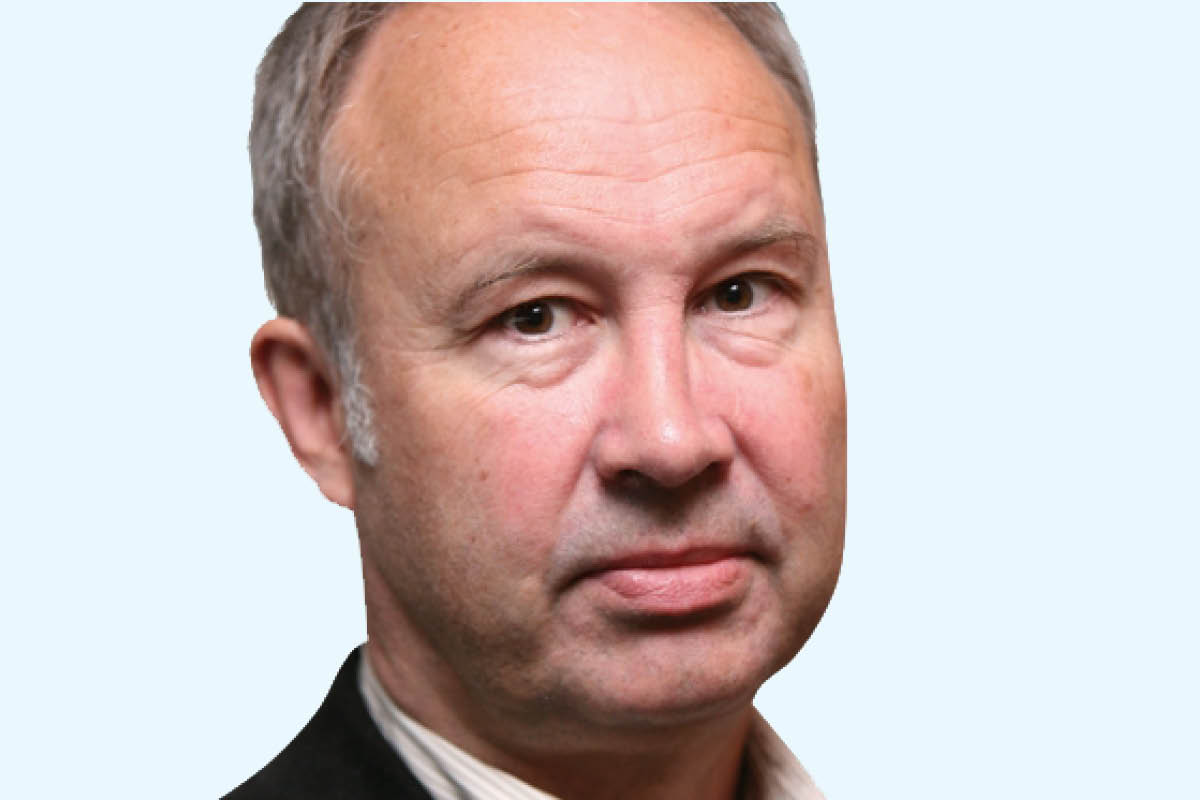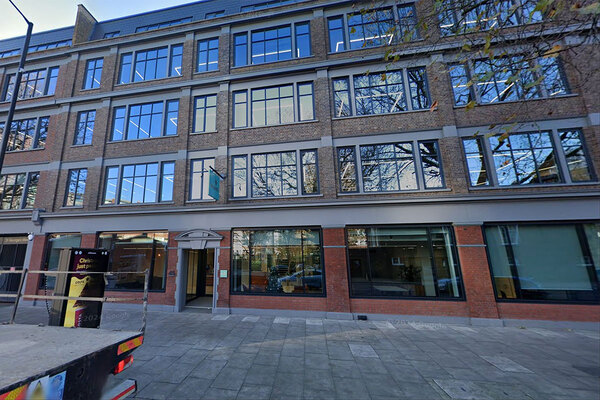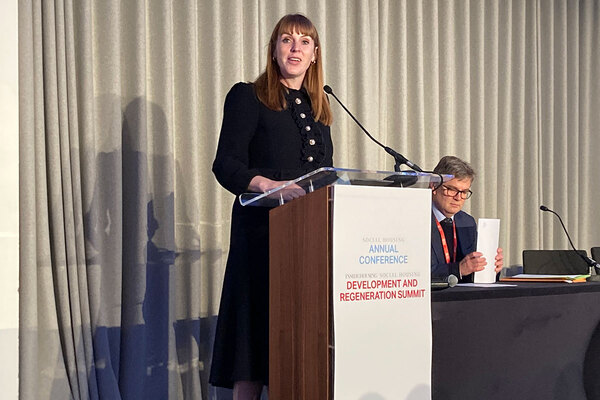You are viewing 1 of your 1 free articles

What levelling up really means
Chan Kataria considers what ‘levelling up’ should look like, and what role there is for social landlords
Few would claim that the UK is particularly equal or level. Our country has some of the widest regional disparities of all developed economies. While most of London and the South East keep booming, large parts of the Midlands, the North, Wales, Scotland and Northern Ireland are left behind.
As the long-term impact of the coronavirus pandemic continues to unfold, it’s understandable that some might feel this is not one nation.
“Mr Johnson did touch on some of the things that I believe are central to levelling up. And I think the housing sector and its partners have a crucial role to play”
The prime minister addressed these inequalities in his 15 July speech at a Coventry car battery manufacturer, setting out the government’s flagship levelling-up agenda.
In an address typically rich in metaphor and analogy (especially about food) he cited some stark differences in life expectancy, education, income, crime and opportunities between districts – even those just a few miles apart.
Picking through all the references to jam, dough, yeast, cookies, chewing gum, coffee and ketchup, Mr Johnson did touch on some of the things that I believe are central to levelling up. And I think the housing sector and its partners have a crucial role to play.
This is not just about geography. The spatial patterns we see today are largely a product and symptom of far more fundamental aspects of industrial change and multi-generational disadvantage. Poverty of aspiration and life-chances doesn’t observe neat boundaries. But in the areas where outcomes are worst, there has to be much greater and more effective investment in learning, skills and jobs, especially for young people.
“In the areas where outcomes are worst, there has to be much greater and more effective investment in learning, skills and jobs, especially for young people”
As a governing body member at a further education college, I’ve seen first-hand what a lifeline post-16 qualifications and apprenticeships are for people seeking basic literacy, numeracy and vocational skills, rather than A levels or degrees. The effects of successive spending cuts since 2010 have also been very apparent.
Reinventing and revitalising high streets is another national priority. My organisation is part of a £9m Town Centre Fund bid to regenerate Coalville in north-west Leicestershire, where we have our head office.
Towns and cities need new life, fresh visions and stronger travel, digital and other infrastructure to make them viable, attractive places again. The same goes for rural areas – there’s no point in creating education, training and jobs around urban hubs if people can’t access them.
This brings us to local democracy, devolution and decision-making. The current mish-mash of tiers and structures needs tidying and opening up. Every part of the country should have the same freedoms as London, Manchester and the other emerging city and metro regions. Elected mayors can certainly make things happen.
There’s something powerful and distinctive about the personal mandate vested in an individual to fight for their area. In the main, I think central government should keep control of the big levers of taxation, but local leaders are better placed to identify, harness and focus resources on what each place needs.
“In the West Midlands, getting the policy and decision-makers, commissioners and practitioners from every sector together has started to make a positive impact on homelessness and rough sleeping”
It’s here that housing can take a lead – driving joint work with health, social care, education and training providers, chambers of commerce, companies and Local Enterprise Partnerships. Such collaboration can achieve lasting results on the ground.
In the West Midlands, getting the policy and decision-makers, commissioners and practitioners from every sector together has started to make a positive impact on homelessness and rough sleeping. Decentralised government can help us deliver on our core purpose and broader placeshaping role.
The white paper on economic growth and devolution is due out in the autumn and should put some more meat on the bones, to go with the PM’s ‘magic sauce’. I think I know what levelling up means. It’s our job to keep on doing it and rise to this latest challenge.
Chan Kataria, chief executive, EMH Group
Sign up for our Week in Housing newsletter
Already have an account? Click here to manage your newsletters
